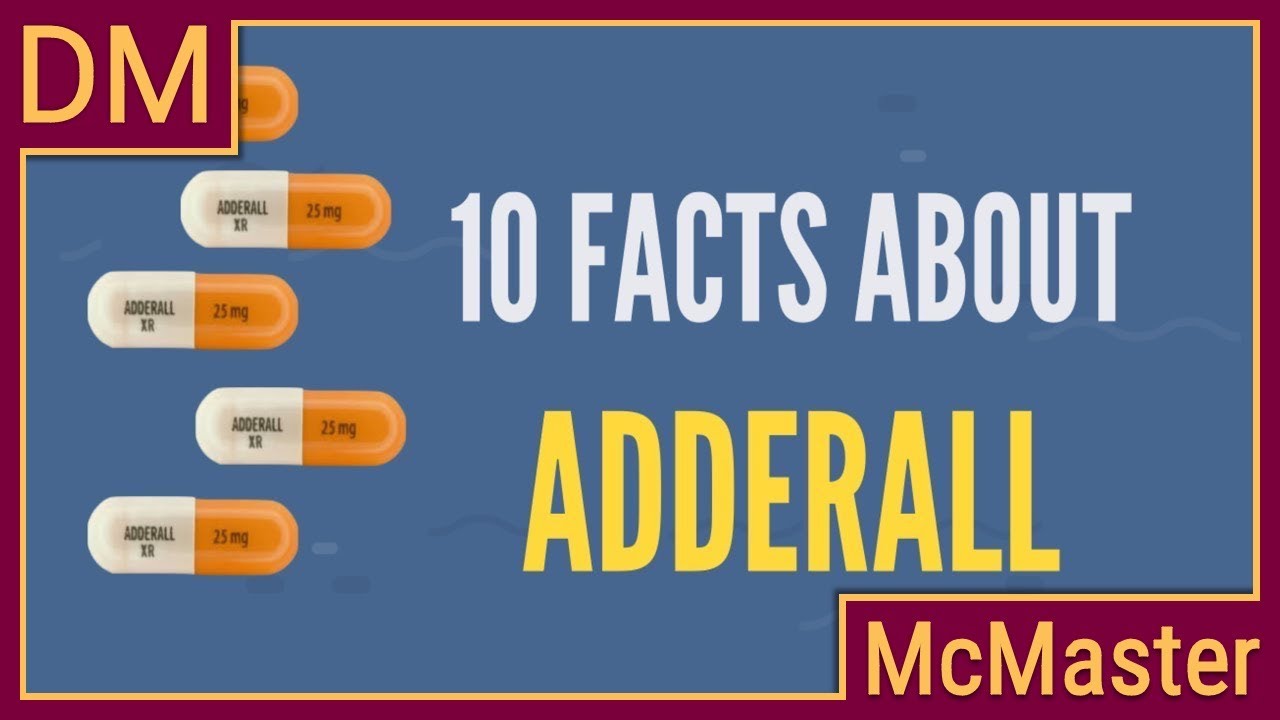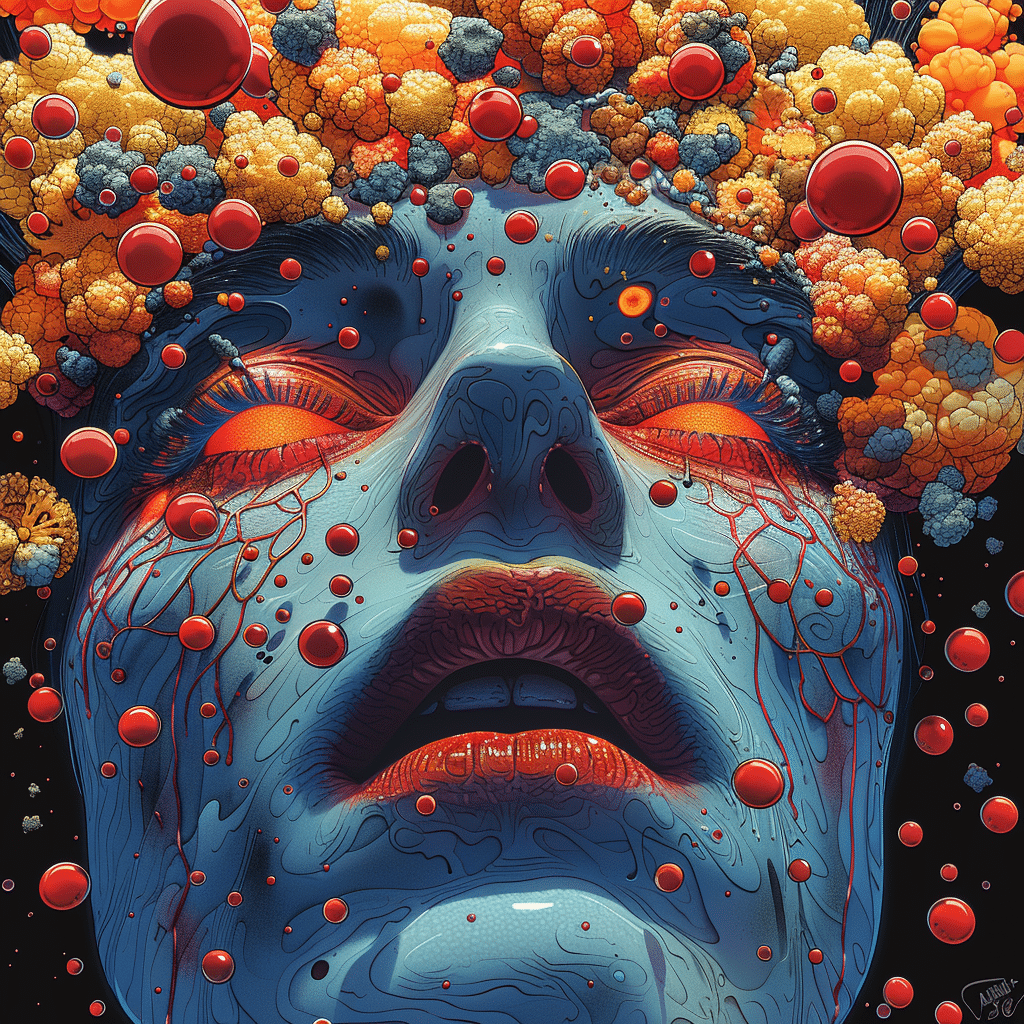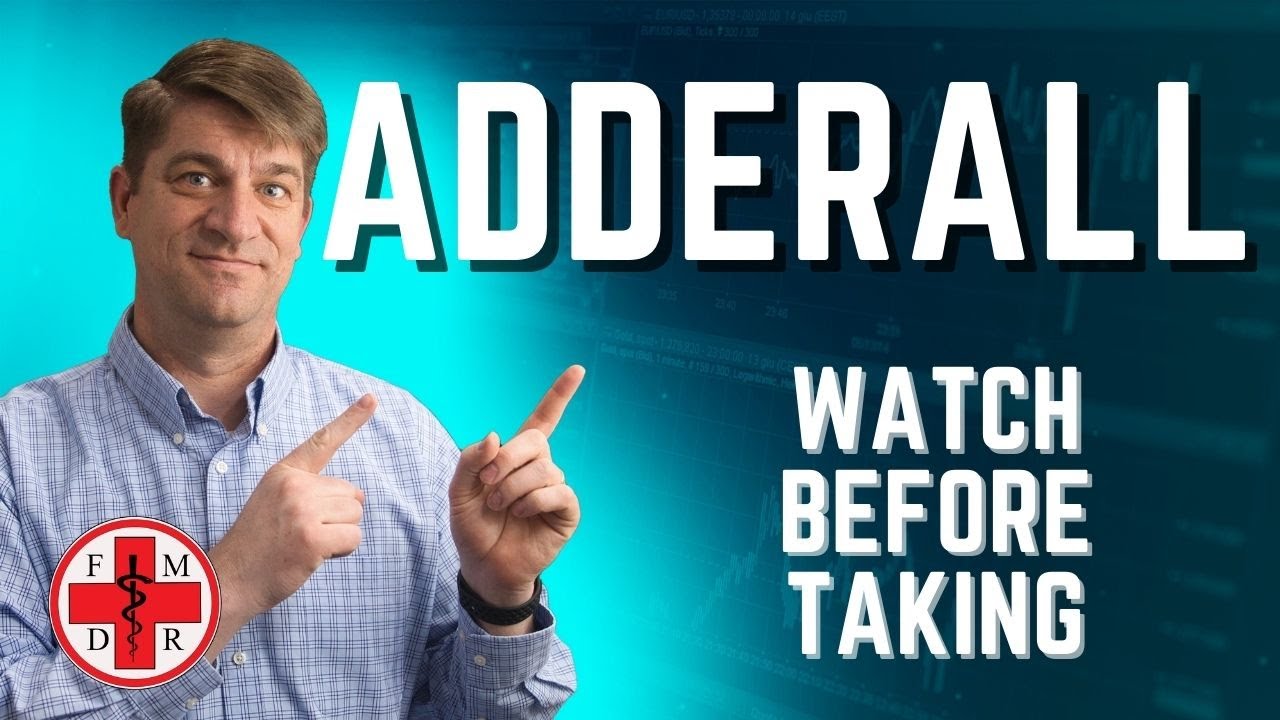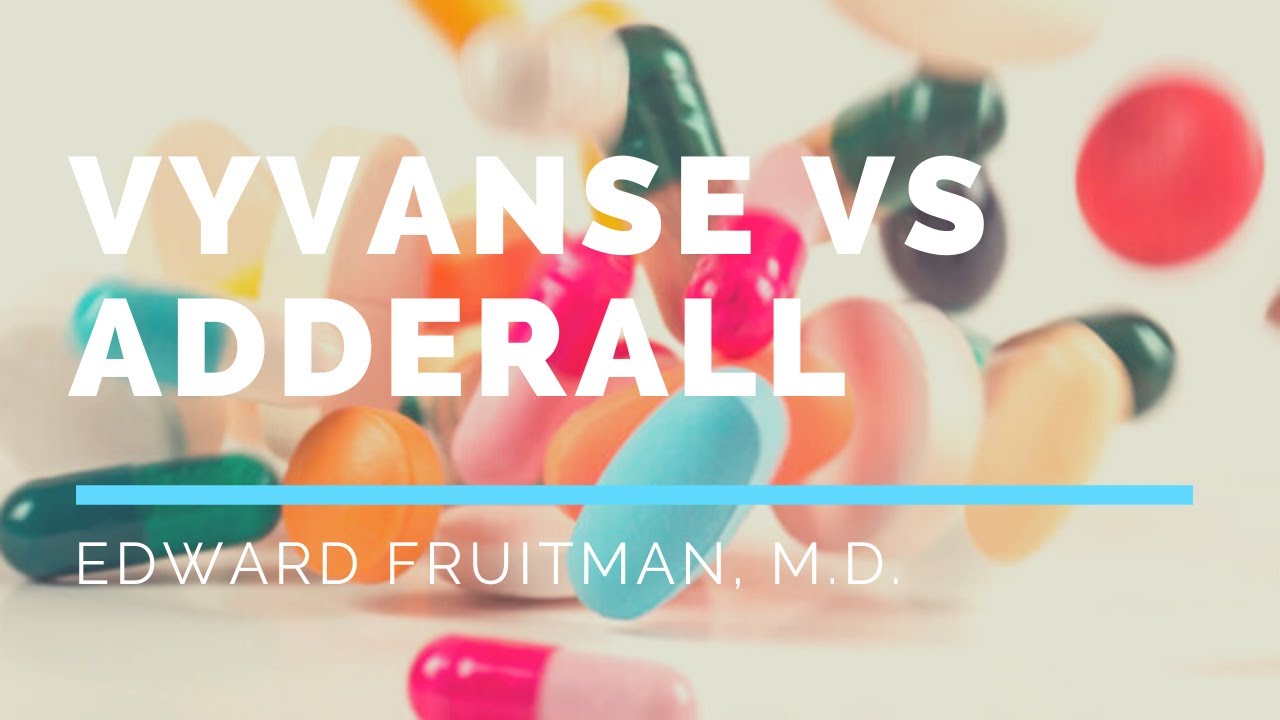Amidst the whirlwind of information surrounding prescription medication, one question stands out with striking prevalence: is Adderall a narcotic? As we navigate through the complexities of drug classifications and hear the heart-wrenching stories of those battling addiction, it’s crucial to dismantle misconceptions with facts and empathy. Join us as we unravel the truth behind Adderall’s classification, its uses, implications, and experiences closely tied to this frequently discussed drug. MothersAgainstAddiction.org extends a hand—offering solace, understanding, and unwavering support to parents facing the anguishing trials of a child’s addiction.

Unpacking the Misconception: Is Adderall a Narcotic?
When we hear the word “narcotic,” our minds may conjure up images of illicit, highly addictive drugs. Yet, there’s a prescription medication that’s often mistakenly lumped into this category: Adderall.

The Controlled Substance Act and Adderall’s Classification
The Controlled Substance Act (CSA) categorizes substances based on their medicinal value, potential for abuse, and risk of dependence. Adderall, containing amphetamine and dextroamphetamine, is a Schedule II controlled substance, as of October 20, 2022. Despite this, folks are often caught in the confusion: is Adderall a narcotic?

| Attribute | Details |
|---|---|
| Classification (Federal) | Schedule II controlled substance |
| Drug Type | Stimulant |
| Active Ingredients | Amphetamine and Dextroamphetamine |
| Common Uses | Treatment for ADHD (Attention-Deficit/Hyperactivity Disorder), narcolepsy, and certain cases of obesity |
| Legal Status in Texas | Group 2 drug |
| Medical Value | High, due to its efficacy in treating ADHD, narcolepsy, and occasionally obesity |
| Prescription Status | Prescription medication; not to be dispensed without a valid prescription |
| Potential for Abuse | High; due to psychoactive and performance-enhancing effects |
| Side Effects | Insomnia, appetite loss, cardiovascular issues, potential for anxiety and addiction among others |
| Uncommon Treatment for | Anxiety; may worsen anxiety symptoms |
| Consequences of Possession Charges | The severity depends on the amount possessed without prescription: fines, jail time, criminal record |
| Misconception | Adderall is not classified as a “narcotic,” but as a stimulant controlled substance |
| Dosage Regulation | Strictly regulated by healthcare providers, usually in mg |
| Impact on Focus and Productivity | Known to improve focus and productivity; however, misuse can lead to detrimental health effects |
Defining Terms: Narcotics vs. Stimulants
Narcotics generally refer to opioids—drugs derived from opium, often used to treat pain. On the flip side, stimulants like Adderall speed up brain activity. They serve a whole different purpose: enhancing focus and curbing impulsivity in ADHD. The effects of Adderall are distinct from the sedating nature of narcotics.

Is Adderall an Opioid? Addressing Common Confusions
The assumption that Adderall might be an opioid couldn’t be further from the truth. Unlike opioids, Adderall’s active ingredients—amphetamine and dextroamphetamine—are stimulants. They bolster concentration, a necessity for those with ADHD or narcolepsy. This medication isn’t designed for pain relief and doesn’t induce the euphoria typically attributed to opioids.

The Medical Perspective: Adderall’s Therapeutic Use
Branded as an effective tool in the ADHD treatment arsenal, Adderall’s therapeutic use is FDA-approved. It can be life-changing for individuals with ADHD, enhancing their ability to focus. However, it’s crucial to acknowledge the risks—dependency and misuse are genuine concerns that necessitate diligent monitoring.
The Chemical Profile: Understanding Adderall’s Composition
Diving deeper into the pharmaceutical makeup of Adderall reveals its potent effects on brain chemistry, promoting increased attention and alertness. These characteristics sharply distinguish Adderall from narcotics, which primarily affect pain perception and emotional response.
Prozac and Adderall: A Glimpse into Combined Usage
Addressing the simultaneous use of Prozac and Adderall can be a complex dance. Prozac, an SSRI, may be prescribed alongside Adderall to treat comorbid conditions. Both can coexist in a treatment plan, but balancing their effects requires a deft touch and expert insights.
Legal Implications: Adderall as a Prescription Drug
The legality surrounding Adderall is clear-cut: It is a regulated prescription drug, with tight controls to prevent misuse—a sharp contrast to narcotics’ handling. Prescribers bear the critical responsibility of preventing its misuse by carefully evaluating patients’ needs and monitoring their usage.
Real-Life Stories: Experiences from Adderall Users
Through the lens of personal narratives, the real impact of Adderall comes to light. Interviews reveal that while some find profound benefit in its prescribed use, others grapple with the challenges of side effects and the fine line between medication and misuse.
Beyond the Prescription: The Misuse of Adderall
Just how prevalent is Adderall misuse? The statistics are sobering, painting a picture of a medication with incredible potential straddling the dangerous edge of recreational abuse. Understanding this misuse is vital to societal responses and safeguarding those at risk.
Innovation in ADHD Treatment: Alternatives to Adderall
In the pursuit of ADHD treatment, alternatives to Adderall emerge. Innovative medications and evolving therapies hold promise, each assessed for efficacy and safety. Adderall may be a well-known player, but it’s not the only game in town when addressing ADHD through pharmacological and non-pharmacological interventions.
Conclusion: A Clear Verdict on Adderall’s Classification
Is Adderall a narcotic? The verdict is unequivocally clear—no. As we close the chapter on this inquiry, we emphasize the power of informed perspectives and the vigilant guardianship required in managing prescription drug use.
Let’s dive headfirst into this rich article, laying bare the myths and truths surrounding Adderall in meticulous detail.
The Controlled Substance Act and Adderall’s Classification
Let’s start with the basics: the CSA is like the rulebook for drug regulations. It breaks down into several schedules where drugs are sorted like library books, depending on factors like abuse potential and accepted medical use.
So, where does Adderall fall on this spectrum? It’s parked in Schedule II. That’s a notch below the Schedule I crowd—think no-go drugs without accepted medical use—but still signals a high risk of dependency. Now, is Adderall a narcotic just because it’s Schedule II? Not quite. Schedule II is a mixed bag, with narcotics milling around drugs like Adderall, which has a legit medical pedigree for ADHD and narcolepsy, among other things.
Defining Terms: Narcotics vs. Stimulants
“Is Adderall a narcotic?” It rings out like a bell in the night. And here’s our answer: as clear as day, no. Narcotics are often tied to opioids, those potent pain-relievers. But a stimulant? That’s a different breed. Stimulants rev things up, clicking the brain into high gear. Imagine someone with ADHD suddenly finding the focus they’ve been chasing—Adderall can do that. It’s like a pair of noise-canceling headphones for the brain, turning down the chaos to play a single, clear tune.
Now then, how does Adderall’s buzz differ from the narcotic haze? Think of stimulants as your morning coffee, laced with purpose and productivity, unlike the powerful, often numbing embrace of narcotics.
Is Adderall an Opioid? Addressing Common Confusions
At the heart of this misconception might be a simple mix-up between “opioid” and “controlled substance.” They’re not the same, and Adderall is not an opioid. If opioids are downers, Adderall is an upper—no sleep-inducing or pain-dulling properties here. It’s like trying to compare apples to, well, beef jerky—they’re not even playing the same game.
The Medical Perspective: Adderall’s Therapeutic Use
Look, Adderall isn’t a one-size-fits-all. For some, it’s the key to a locked door—the difference between chaos and focus. ADHD doesn’t just vanish with age, and that’s where Adderall steps in, curbing the whirlwind that can be adulthood with ADHD. But let’s not sugarcoat it; there can be side effects—a tricky trade-off. Adderall, for all its merits, can be a slippery slope to misuse.
The Chemical Profile: Understanding Adderall’s Composition
Geeking out a bit on Adderall’s insides, we see a blend of amphetamine salts—stimulants that get those neurotransmitters, especially dopamine and norepinephrine, to up their game. It’s a one-two punch for ADHD symptoms, turning the volume down on distractions and amplifying focus. But, and it’s a big but, this isn’t the makings of a narcotic—it doesn’t quell pain or get you high in a blissed-out way. It’s about tuning the brain’s radio to the right station, not flipping it off.
Prozac and Adderall: A Glimpse into Combined Usage
When Prozac and Adderall waltz together, it’s because there’s more to the story—like battling both ADHD and depression. Prozac works its magic on the mood while Adderall keeps the focus sharp. It’s a delicate balance, though, and tinkering with brain chemistry ain’t no hobby—it needs an expert conductor.
Legal Implications: Adderall as a Prescription Drug
In the eyes of the law, Adderall carries a clear label—it’s legal when prescribed. No two ways about it. But scribble outside the lines, and it’s a different story. Think of prescribers as gatekeepers, there to steer clear of the potential chaos of misuse. That’s their arena—ensuring Adderall reaches the hands that truly need it.
Real-Life Stories: Experiences from Adderall Users
Stories shared in the hushed tones of personal struggle peel back the curtain on Adderall’s reality. Some sing its praises, while others whisper warnings. Like John, who found in Adderall a lifeline to complete his degree; or Sarah, whose balance tipped toward dependency. These voices underscore the medicine’s dual nature.
Beyond the Prescription: The Misuse of Adderall
What starts as a study aid can morph into a crutch, with Adderall misuse stories spilling out like cautionary tales. Suddenly, it’s not just a ticket to focus—it’s on the streets, with a street value that speaks to a darker side of demand.
Innovation in ADHD Treatment: Alternatives to Adderall
While Adderall has been a trusted ally in the ADHD fight, new contenders are stepping into the ring. Medications and therapies are evolving, each vying to offer the best support without the shadow of misuse looming overhead.
Conclusion: A Clear Verdict on Adderall’s Classification
When the dust settles, we’re left with clarity. Adderall is not a narcotic—it’s a stimulant medication, a beacon for many lost in the fog of ADHD. This exploration arms us with knowledge, and as always, knowledge is the first step toward compassion and effective action.
In a world brimming with misinformation, it’s time to stand firm on the bedrock of truth. Empowerment blooms from understanding, so let’s continue our journey, hand in hand, guided by the light of fact and the warmth of solidarity only Mothers Against can offer.
Is Adderall a Narcotic? Unveiling Facts
When we’re scratching our heads, wondering about the nature of certain medications, there’s one stimulant that often pops into the conversation: Adderall. So, buckle up, folks! Let’s dive into the nitty-gritty of whether Adderall is part of the narcotics family or just a misunderstood cousin.
What Exactly Is Adderall?
Hold your horses! Before we go labelling Adderall, let’s talk turkey about what it actually is. Adderall is like that all-star athlete in a high school movie; it’s a stimulant that’s designed to help those with ADHD hit a grand slam in focusing and controlling their impulses. But here’s where it gets sticky—the term “narcotic” often gets thrown around like a hot potato.
Narcotics vs. Stimulants: Clearing the Air
Now, listen up! When people hear the word “narcotics,” they often think of it as a catch-all term for any drug that could potentially land you in hot water. However, this couldn’t be farther from the truth. Narcotics are actually pain relievers that can lull you into a state of euphoria, while Adderall, well, that’s a whole different ball game—it’s a stimulant that keeps you sharp as a tack!
Truth Be Told: The Legal Side of Adderall
You might be itching to know if Adderall has a record. The truth is, it does—but not in the way you might think. In the eyes of the law, Adderall is a Schedule II controlled substance. This means while it’s not a narcotic, it’s got restrictions tighter than a drum. Trust me, double-checking the street value Of Adderall is as essential as knowing that the action-packed John Wick Chapter 5 is something you can’t miss—but for very different reasons, of course!
Let’s Talk Timeframes
Have a gander at this: if you’re curious about How long Adderall Is in Your system, it’s a bit like asking How many days Until May 25?—it depends on when you start counting! Factors such as body composition and dosage can affect this timeline, but generally, Adderall can wave goodbye to your system within a few days to over a week.
Community and Support
Now, if this topic has you spinning, just remember that places like Arborlawn Umc offer a community space where support is as common as dishing out hellos. It’s a haven where you can find solace and shared experiences without judgment.
A Quick Legal Lesson
Misconceptions about Adderall can spread faster than a rumor in a high school hallway, and it’s crucial to know the difference between fact and fiction, just as you’d want to know the distinction between libel Vs slander. Getting the facts straight is key!
Pop Culture and Adderall
Pardon the detour, but speaking of rumors, some of you might be still reeling from the news of why Joe left Impractical Jokers. Much like that bombshell, Adderall has had its fair share of media spotlight, some good and some…not so much.
What’s the Verdict?
So, is Adderall a narcotic? In the same way that the 787 is not just another number but a fantastic feat of aviation as seen on Neuron Magazine’s insight on the 787, Adderall is not a narcotic—it’s a carefully prescribed stimulant that needs to be handled with the same care a pilot would take in the cockpit.
In the end, it’s crucial to understand that Adderall requires respect and responsible use, much like any other medication or powerful technology. With great power comes great responsibility, and that’s a fact you can set your watch by.

What category of drug is Adderall?
What category of drug is Adderall?
Well, buckle up ’cause Adderall is quite the cocktail! It’s a Schedule II controlled substance, which means it’s got some strict rules around it due to potential abuse. But it’s not just for kicks – it’s a legit prescription medication.
Is Adderall a sedative or stimulant?
Is Adderall a sedative or stimulant?
No snore-fest here—Adderall’s a stimulant! Think of it like a double shot of espresso for your brain, legally prescribed to kick fatigue to the curb and boost focus.
What class of drugs is Adderall in Texas?
What class of drugs is Adderall in Texas?
Y’all down in Texas classify Adderall as a Group 2 drug. It ain’t something to mess with outside a doc’s orders, with a rep for helping folks focus but a side of legal trouble if you’re caught with it without a prescription.
Does Adderall help with anxiety?
Does Adderall help with anxiety?
Hold your horses there, partner! Adderall’s no chill pill for anxiety. In fact, it might just do the hokey pokey with your nerves and turn your anxiety all about.
Who should not take Adderall?
Who should not take Adderall?
Psst! Adderall isn’t everyone’s cup of tea. If your ticker’s not ticking right or tension’s your middle name, stay clear. Oh, and if it’s all hunky-dory, don’t go playing doctor—let the pros decide.
Does Adderall give you energy?
Does Adderall give you energy?
Ding, ding, ding! You hit the nail on the head. Adderall can give you an energy boost, sort of like flipping the switch from “meh” to “let’s get stuff done.”
What is a drug similar to Adderall?
What is a drug similar to Adderall?
Looking for a kin to Adderall? Ritalin might just be its long-lost cousin—another stimulant that’s all about keeping you on your toes.
Does Adderall have a calming effect?
Does Adderall have a calming effect?
Now, here’s the funny thing — while Adderall revs up most engines, for those with ADHD, it can actually be the calm in the storm, go figure!
What does Adderall do to you?
What does Adderall do to you?
Oh, Adderall? It’s like your brain’s personal trainer—pushing it to pump up focus and endurance. But remember, no shortcutting your way to a prescription.
Is Adderall a Class 3 narcotic?
Is Adderall a Class 3 narcotic?
Nope, Adderall isn’t in the Class 3 locker room; it’s cozying up with the Schedule II crowd, considered a bit more high-maintenance in the controlled substance family.
How much weight can I lose in a week on Adderall?
How much weight can I lose in a week on Adderall?
Easy tiger! Adderall might tip the scales, but it’s no magic weight loss wand. Plus, shedding pounds like autumn leaves ain’t the healthiest plan. Always chat with your doc first.
What does Adderall 30 mg look like?
What does Adderall 30 mg look like?
That little pill, Adderall 30 mg, struts around in an orange or pink coat, feeling all round and important, often stamped with “30” to show off its strength.
Does Adderall stop overthinking?
Does Adderall stop overthinking?
Well, it’s no wizard’s spell for the mind-racing marathon, but Adderall can sometimes help ADHD brains to hop off the overthinking hamster wheel.
Does Adderall help with brain fog?
Does Adderall help with brain fog?
For some, Adderall can part the brain fog like Moses did the Red Sea — at least for a bit. Especially if focus and attention are playing hide and seek.
Why do I feel jittery on Adderall?
Why do I feel jittery on Adderall?
Whoa, Nelly! That jitterbug you’re feeling on Adderall? It’s your body doing the electric slide thanks to the stimulant’s groove. Might wanna have a powwow with the doc if the jitters become the regular dance move.
What drugs are in the Adderall family?
What drugs are in the Adderall family?
Adderall’s family tree includes a bunch of stimulants, with members like Concerta, Vyvanse, and Focalin waving their branches, all related through their mission to boost focus.
What is Adderall and Ritalin classified as?
What is Adderall and Ritalin classified as?
Adderall and Ritalin? They’re both part of the “Get-Up-and-Go” gang, classified as central nervous system stimulants, and they take their job seriously.
What type of drug is Adderall and Ritalin?
What type of drug is Adderall and Ritalin?
Adderall and Ritalin are like two peas in a pod, both stimulant drugs that belong to the same party, getting brains to buck up and pay attention.
Is Adderall a Category C drug?
Is Adderall a Category C drug?
Category C? That’s more for unborn bubs and meds that could affect ’em. Adderall’s strutting in another category, known for its punchy effects on focus as a Schedule II controlled substance.




























